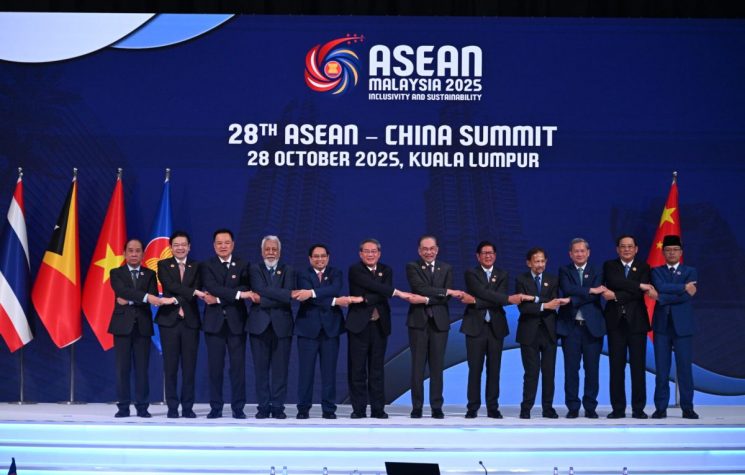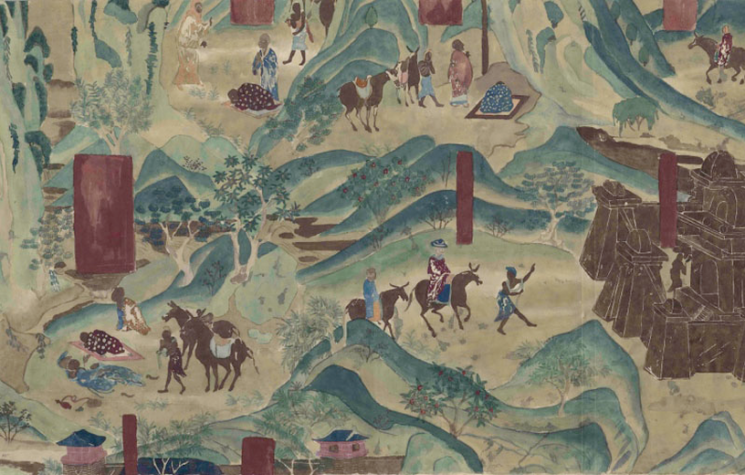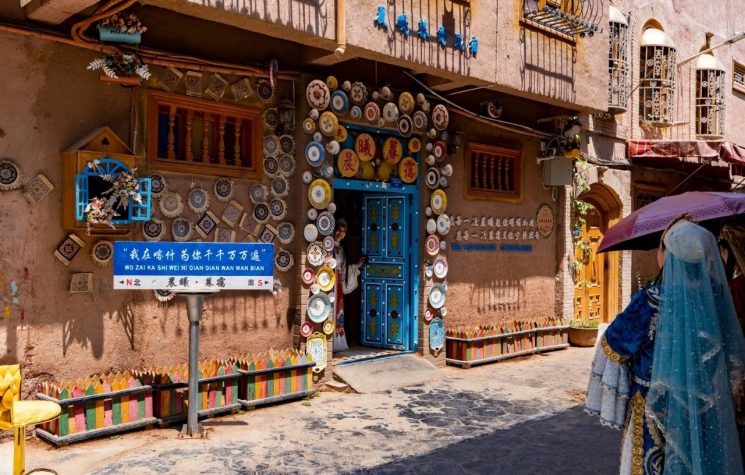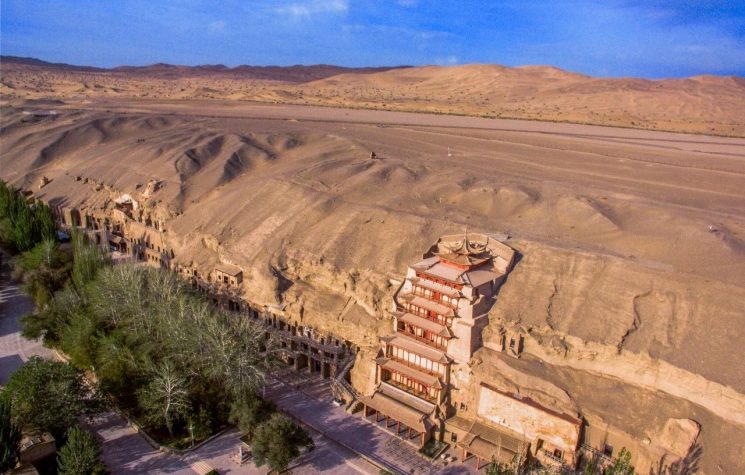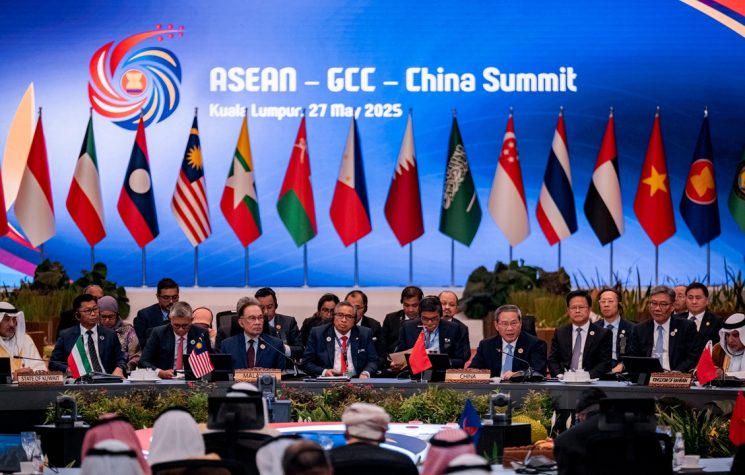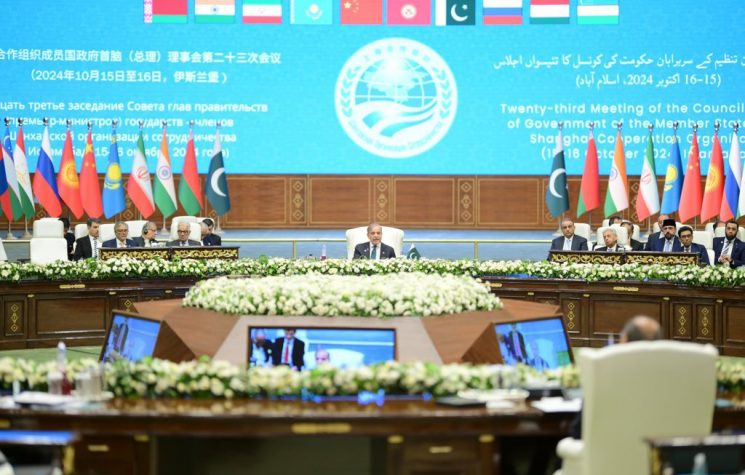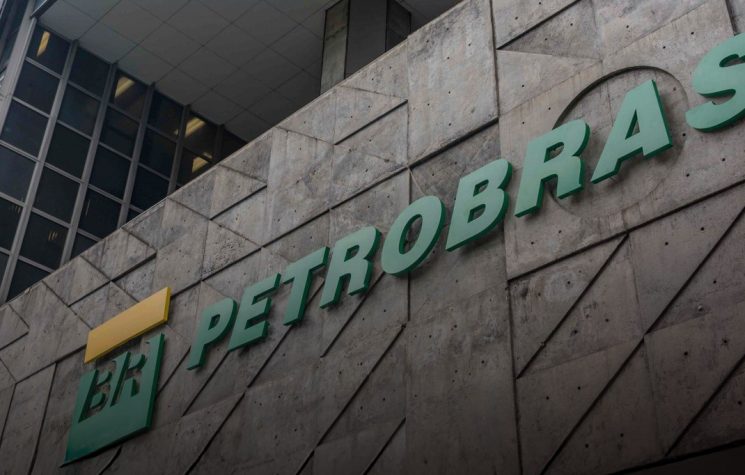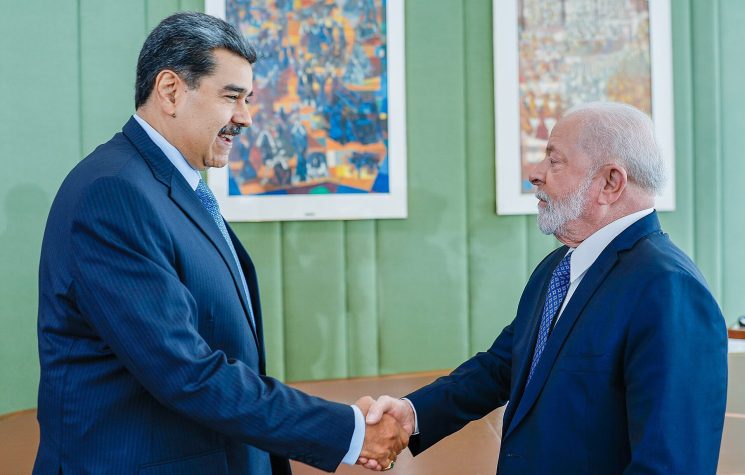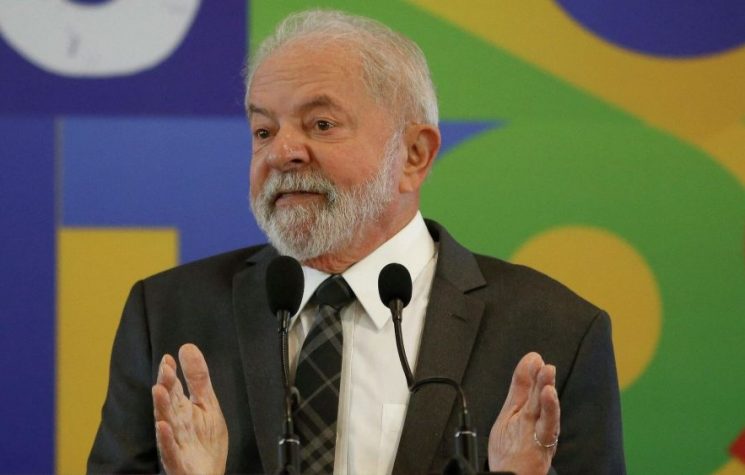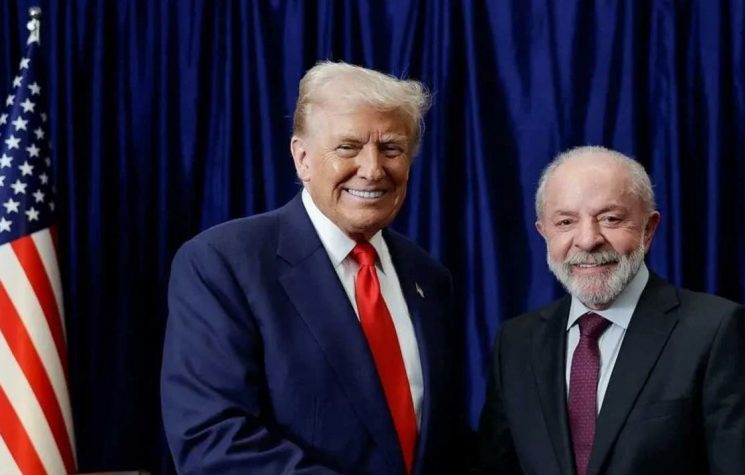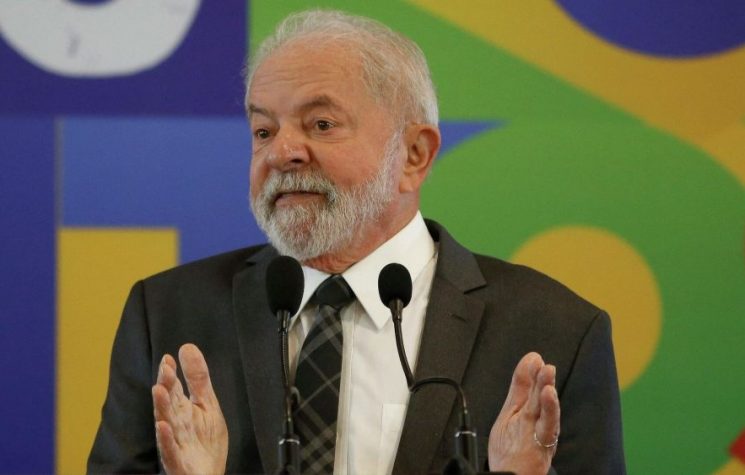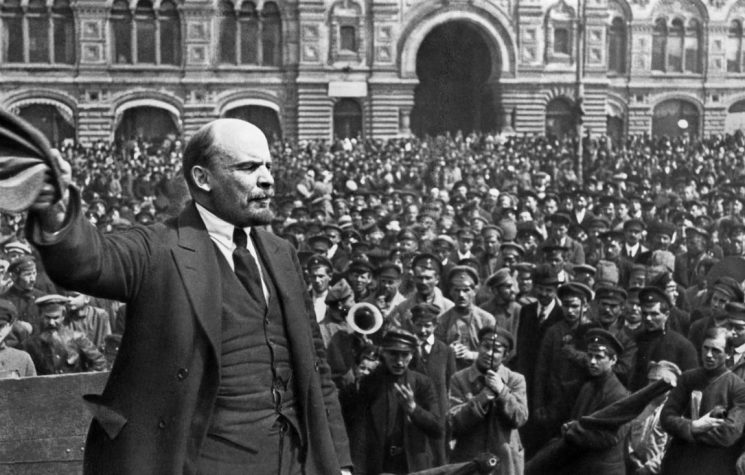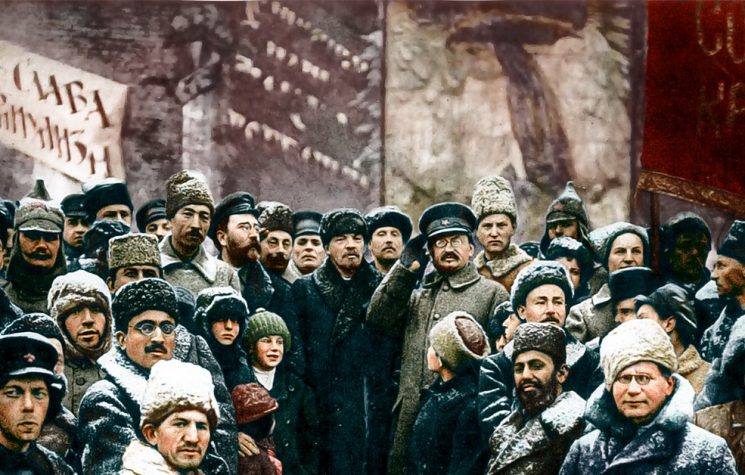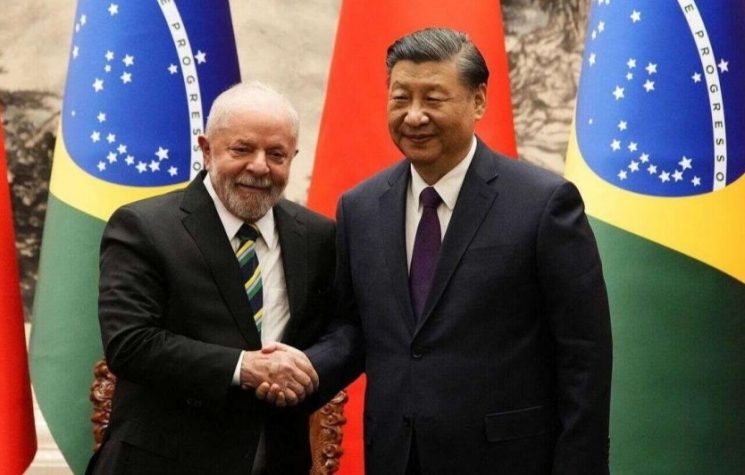The fierce defense of eternal submission to the United States cannot be just an ideological passion.
Contact us: info@strategic-culture.su
Last month, a government delegation met with high-ranking Chinese officials in Beijing. The delegation included Minister Rui Costa, Celso Amorim, former President Dilma and the future president of the Central Bank, Gabriel Galípolo, among others.
Opponents of Brazil’s rapprochement with China took advantage of the opportunity to pressure the government against agreements that are fundamental to the country, particularly Brazil’s entry into the New Silk Road. At the end of September, newspaper O Estado de S. Paulo, following the constant developments, warned in an editorial: “it is necessary to consider whether this is really necessary and whether the geopolitical cost of such an alignment with China will not be too high.”
The newspaper O Globo had already signaled similar concern about the possibility. “Investment promises need to be carefully analyzed, and only make sense if channeled into transformative projects,” wrote a columnist in April 2023.
In August, President Lula said, at an event at the National Confederation of Industry (CNI), that “the Chinese want to discuss the Silk Road with us” and that, therefore, “we will discuss the Silk Road.” The president’s interest is absolutely legitimate, considering that the Belt and Road Initiative (another name for the Chinese venture) is nothing less than the most important economic integration project in world history.
Unlike the Marshall Plan – the main international economic project of the United States, implemented to rebuild Europe after World War II – the BRI is not aimed at just one continent, but, ten years after its inception, is already present in every corner of the world. There are 150 participating countries so far and the most important thing is that it involves the integration of countries with lagging economic development and whose main task is therefore to develop their economies (particularly the productive sector) and to establish interconnection.
It is curious that BRICS began as an initiative focused primarily on the economy, but it has undeniably become a project that is more geopolitical than simply economic. And that the New Silk Road has taken on the role of driving the integration and economic development of the countries of the so-called “Global South”. Thus, the BRI is to the economy what BRICS is to international politics.
Imperialism, especially American imperialism, shudders when it sees China carrying out extensive infrastructure projects throughout Africa. This cursed continent, which to this day does not know what true independence is and whose enormous wealth has been confiscated for almost 600 years by Europe and the United States.
Of course, they are shocked to think that poor countries might want to stop being their slaves and, together, seek a path of true development. That is why one of the main accusations against the BRI is that it is nothing more than a “trap” for China to put partner countries into debt, financing projects that no one will be able to pay for. Now, isn’t it the United States that does exactly that, through the IMF and the World Bank? Aren’t they the main ones responsible for Brazil’s foreign debt, estimated at around U.S.$ 50 billion?
The New Silk Road has already financed more than 5,000 projects, estimated at up to 2 trillion dollars. In Latin America, 21 countries are already part of the initiative, having received 12 billion dollars in investments. We are only 9% of the countries participating in the BRI, although 70% of South America has already joined. The only ones that have not yet joined are Paraguay (which does not have diplomatic relations with China), Colombia (which came from governments completely controlled by the U.S.) and Brazil itself. On the other hand, Peru was one of the main investment destinations for the BRI in 2023, as it is a strategic point for the continent’s maritime trade routes with China.
In fact, Brazil cannot avoid joining the New Silk Road once and for all, because that would be sabotaging even our neighbors. The Chinese initiative aims to invest in ports, railways, roads, airports and the country’s communications and internet infrastructure. This represents a major contribution to efforts to reindustrialize Brazil after almost four decades of neoliberal devastation. And these infrastructure projects, especially in the area of transportation, would be linked to projects in Peru and other neighboring countries. In other words, the BRI is a shorter path to the long-awaited integration of South and Latin America, which President Lula advocates. Zhu Qingqiao, China’s ambassador to Brazil, recently explained to CNN that, in addition to receiving crucial infrastructure projects to reindustrialize the country, Brazil could also improve the quality of its exports to the Asian nation. American imperialism has always prevented Brazil from developing and ceasing to be a semi-colony exporting commodities. Well, now Brazil could take a great leap forward. Currently, our exports to China revolve mainly around soybeans, iron ore and oil. After joining the BRI, the ambassador stated, China will facilitate Brazilian exports of high value-added products, which could reach 110 billion dollars. This tends to increase the existing surplus in the trade balance with China, while the trade balance with the United States is in deficit. We import manufactured products from the U.S. and export low value-added products – we are treated like a colony.
But there are those who love being treated like a colony. In addition to the major newspapers of the Brazilian bourgeoisie, right wing parliamentarians never tire of acting against national interests. Eduardo Bolsonaro, Donald Trump’s teddy bear, leads the opposition to Brazil’s aspirations for greater independence. But, as if the far-right opposition acting against national interests were not enough, within the government itself there are sectors that do not want to let go of the U.S. flagpole. According to CNN Brasil, they are members of the Foreign Ministry (the same ones who are sabotaging relations with Venezuela and the BRICS?) and the Treasury (those who are trying to please the bankers by cutting spending?).
It is clear that this fierce defense of eternal submission to the United States cannot be just an ideological passion. When the U.S. Trade Representative, at the end of last month in São Paulo, openly advised Brazil not to join the New Silk Road, it was clear to anyone where all this fear of being part of the largest geoeconomic project in history comes from. After all, the one who still rules Brazil is Uncle Sam. Lula is fighting against anti-national elements guided by the imperialist power and the meeting he will have this month with Xi Jinping in Brasília could be a decisive step towards breaking this reactionary resistance and showing that he and the majority of the Brazilian people, who elected him, should be the ones to govern the country.










